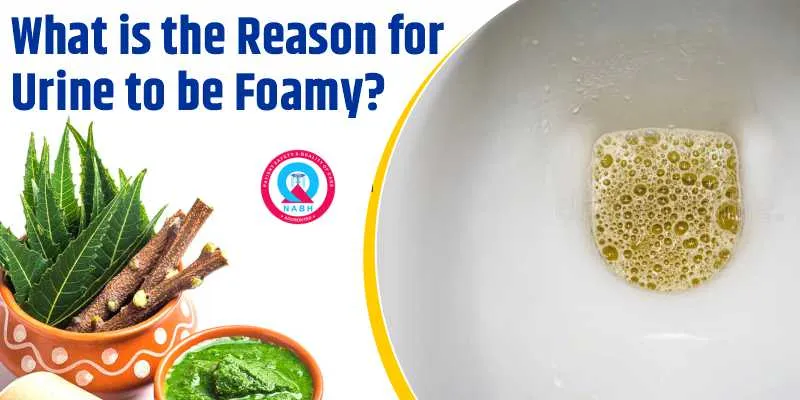
Foamy urine can be due to many causes-from harmless conditions such as rapid urination to serious medical conditions such as kidney disease. It is essential to get familiar with reasons for foamy urine for one to know if it demands medical intervention or lifestyle adjustments. Here is a detailed look at possible causes of foamy urine.
Foamy urine can't always be a cause for concern. Benign reasons may include:
Upon urinating fast, there may have been bubbles in the commode because urination is very fast; therefore, during urination, air becomes trapped behind the current flow of urine.
Concentrated urine because of dehydration is concentrated more in waste products such as urea and salts, which can create bubbles that lead to foamy urine.
Wherever there is some soap residue or some cleaning agents left in the commode, urine reacts and produces foam.
Some other potential reasons behind the development of foamy urine are:
When a certain form of protein, mainly albumin, appears in the urine, this is termed proteinuria. The presence of proteins in the urine is often against the normal excretion. These substances are filtered by the kidneys and tend to remain in the blood; however, if the kidney has been damaged or compromised, they will be able to leak through into the urine, which in this case makes the urine foamy.
Kidney Damage: Renal diseases like glomerulonephritis or nephrotic syndrome can impair the kidneys' filtering capacity.
High Blood Pressure (Hypertension): Hypertension can cause excessive pressure on kidney function as time passes.
Diabetes: Diabetic nephropathy is a very common cause of proteinuria in patients with uncontrolled diabetes.
Foamy urine is common with urinary tract infections. These infections can increase the content of bacteria, pus, or white blood cells in the urine and, therefore, modify its appearance into foamy urine.
The common symptoms of urinary tract infection include:
In the dehydrated body, urine becomes concentrated, harboring urea and/or creatinine, and so on. Foamy urine can thus occur due to elevated density and surface tension from the concentration.
Prolonged stress or intense physical activity temporarily reduces kidney function and results in mild proteinuria. This could be a reason for occasional foamy urine, which typically disappears with rest and hydration.
With a very high-protein diet, especially increased consumption of animal proteins such as meat, eggs, and dairy, protein levels in the urine may increase, resulting in frothiness.
Chronic kidney conditions, such as glomerulonephritis or nephrotic syndrome, are very often responsible for the foamy urine due to the excretion of protein into urine.
Heart diseases can also diminish blood flow to the kidney. This results in impaired functioning of the kidneys, and requires the spilling of protein into the urine, commonly resulting in foamy urine.
Liver dysfunction itself might influence blood albumin levels, potentially producing foamy urine.
It is important to consult an Ayurvedic expert before being a do-at-home expert. Correct lifestyle modification and diet recommendations can recover from this renal condition in a much better way than others.
Karma Ayurveda, the best ayurvedic hospital in India, for an improved quality of life. Contact us now for foamy urine in ayurveda, Panchakarma therapies, and other such things.
Second Floor, 77, Block C, Tarun Enclave, Pitampura, New Delhi, Delhi, 110034